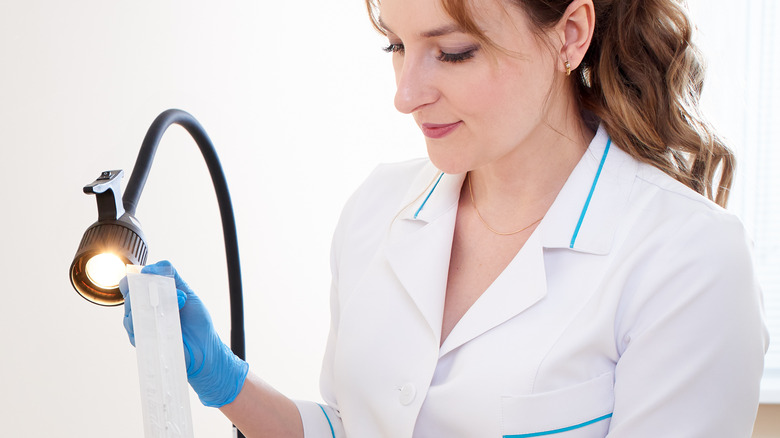13 days on phentermine

Your doctor may recommend an infection screening if you are sexually active. These tests may also help detect bacterial, viral, or fungal infections in those with weak immune systems. Pregnant women may need to get tested, too, as some infections can lead to preterm birth and other problems.
Hepatitis, toxoplasmosis, efectos secundarios del crestor 10 mg bacterial vaginosis, and sexually transmitted diseases (STDs) pose serious health risks during pregnancy. These infections are often responsible for birth defects, warns the U.S. National Library of Medicine. Even if you’re not pregnant, you should still be screened for hepatitis C and STDs every few years. Depending on your lifestyle and risk factors, you may also need to get tested for herpes simplex, E. coli, H. pylori, or salmonella infections.
Generally, health care professionals perform infection screening tests to detect or rule out STDs. For example, all sexually active women under 25 years old should be tested for chlamydia and gonorrhea once a year, recommends the Centers for Disease Control and Prevention (CDC). Here’s what you should expect during testing and why regular infection screenings are a must.
Infection screening could help prevent lifelong diseases

The human body is home to trillions of bacteria, fungi, and other microorganisms. These microbes account for about 1 to 3% of your body weight, according to the National Institutes of Health. Some live on your skin and hair, while others are found in the gut and oral cavity. Under certain circumstances, these microorganisms can cause illnesses and infections. Other pathogens can spread through the air, water, food, or insect bites and make their way into your body.
A good example is the fungus candida. Normally, this microorganism lives in symbiosis with the host. You have it on your skin, as well as in your mouth, throat, and vagina (per the CDC). Certain factors, such as a weak immune system or antibiotic use, may cause candida overgrowth. When that happens, you may experience vaginal pain, itching, irritation, and other yeast infection symptoms (via the Mayo Clinic). Without proper treatment, candida can enter your brain, heart, and other internal organs and cause more severe infections, warns the CDC.
Infection screening can detect these problems before they escalate. That’s why the CDC recommends getting tested for gonorrhea, chlamydia, and other STDs regularly. If you’re expecting a baby, you should be screened for HIV, syphilis, and hepatitis B in the first few months of pregnancy. Anyone who has unprotected sex should get tested for HIV once a year or more often.
Most tests are minimally invasive and require little or no preparation

The diagnostic tests carried out to detect infections may include blood tests, urine tests, and vaginal pH tests. For example, if your doctor suspects you may have bacterial vaginosis, he will collect fluid samples from your vagina. This common infection is due to an imbalance in the vaginal flora, explains the University of Michigan Health. Some women have no symptoms, while others may notice an increase in vaginal discharge.
Chlamydia infection screening involves a urine test. Your doctor may also use a swab to take a sample of fluid or cells from your cervix, urethra, or anus. The U.S. National Library of Medicine recommends avoiding vaginal creams, douches, and antibiotics for 24 hours prior to the test. Another option is to use at-home test kits for chlamydia and gonorrhea.
HIV testing requires a blood or saliva sample. The results are ready within 20 minutes to several days, depending on the type of test (via the CDC). Syphilis, hepatitis B, and hepatitis C are usually diagnosed using blood tests. Neurosyphilis and other STDs are more difficult to detect and may require a lumbar puncture, or spinal tap. However, this test is not used for routine infection screening.
Source: Read Full Article
